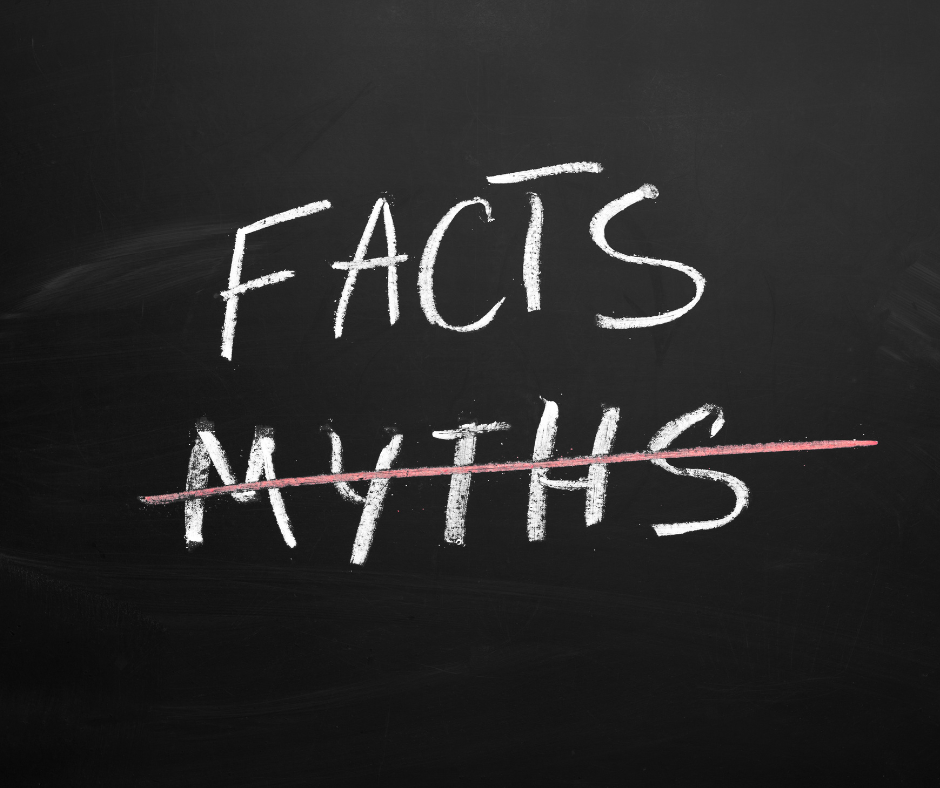As the cost of living rises, we are all looking for ways in which to save money around our homes. There has been some good news, earlier this month the new Prime Minister, Liz Truss confirmed that energy bills will be frozen at £2,500 per household for two years. This means that on average households will save around £1,000 a year but the new price cap only controls how much energy suppliers can charge, your bill could be higher based on your usage.
In the office, we have been discussing ways to cut our energy usage however there has been some debate as to whether these are actually true! To ensure that you’re not wasting energy and throwing unnecessary money away we have debunked some money saving myths as well as sharing some of our top tips that actually do work!
Myth 1 – Turning electrics on and off wastes energy
Leaving appliances on standby uses more energy than simply turning them on and off. It may seem time consuming but by turning devices off that aren’t in constant use can actually save you up to £55 a year. These appliances/devices include your kettle, toaster, microwave, tv, chargers…the list goes on!
Myth 2 – Washing dishes by hand is cheaper than using a dishwasher
Want to persuade your partner or parent to get a dishwasher then send them this myth! A dishwasher may use more energy however washing up by hand uses four times more water. To ensure that you get the most from your dishwasher, don’t turn it on until it’s full and try to use the eco-setting where possible.
Myth 3 – Washing clothes at night costs less
It is not the type of day that dictates how much it will cost to wash your clothes it purely depends on the tariff that you’re on. Double check your tariff as it is only Economy 7 and Economy 10 tariffs are cheaper at night.
Myth 4 – Insulating your house is too expensive
Draught proofing your home isn’t as expensive as you might think. To help keep your heat in you can shut curtains and blinds, reseal windows, lay down rugs on floor boards and insulate your water tank, pipes and radiators.
Myth 5 – The larger cooking rings use less energy
Using the larger cooking ring thinking that it will heat your food up quick is a myth. Your hobs makes up around 4% of your annual gas and energy bill so it’s more efficient to match up the size of the pan to the cooking ring to prevent wasting any energy from the heat escaping around it.
So how can you actually save money around your home?
- Fit a smart meter so you can track your usage in real time and its costs.
- Install a thermostat.
- Meal prepping could cut your food bills in half.
- Avoid using the tumble dryer.
- Take shorter showers.
- Buy energy efficient appliances.
- Wash your clothes at a lower temperature.
We hope we have helped you think about how you can save money around your home. If you have looking to sell your home or perhaps would like some help looking for a new property call our sales team on 01633 870777.






Share this with
Email
Facebook
Messenger
Twitter
Pinterest
LinkedIn
Copy this link